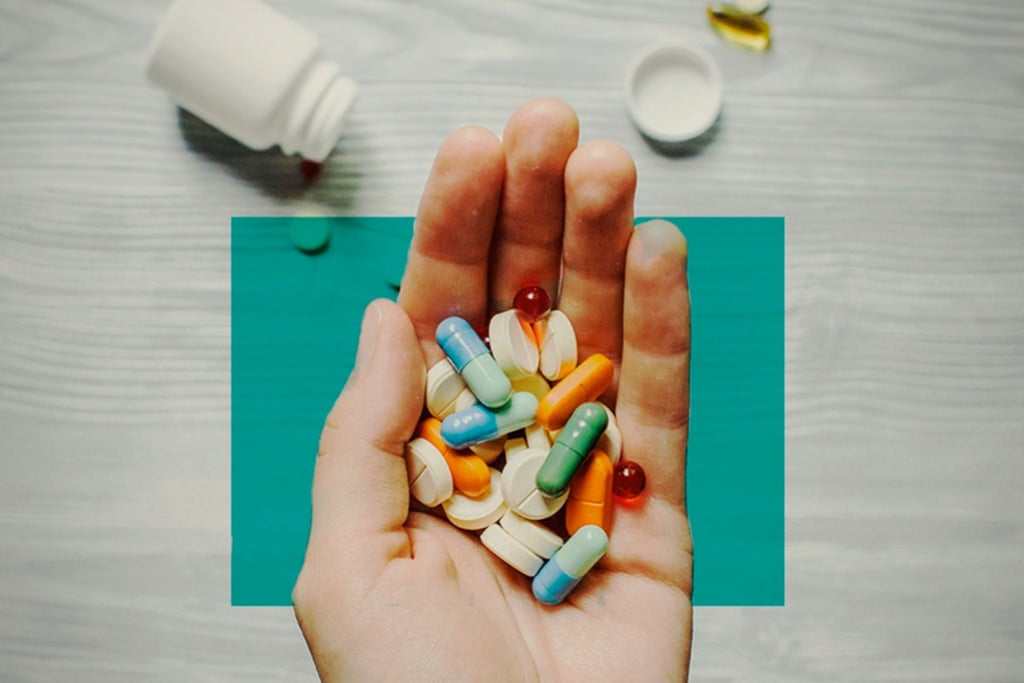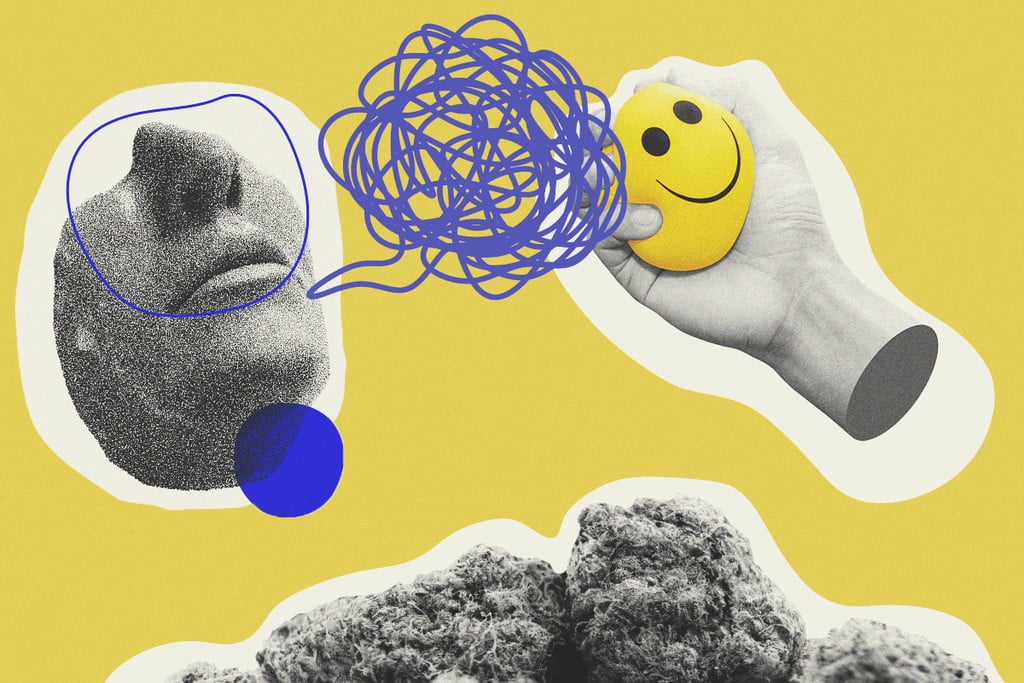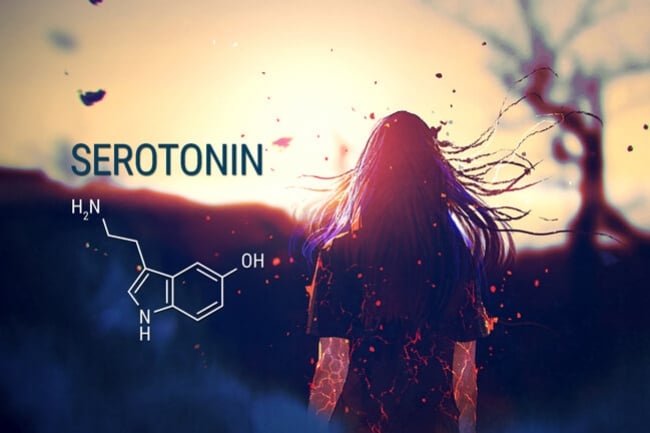.
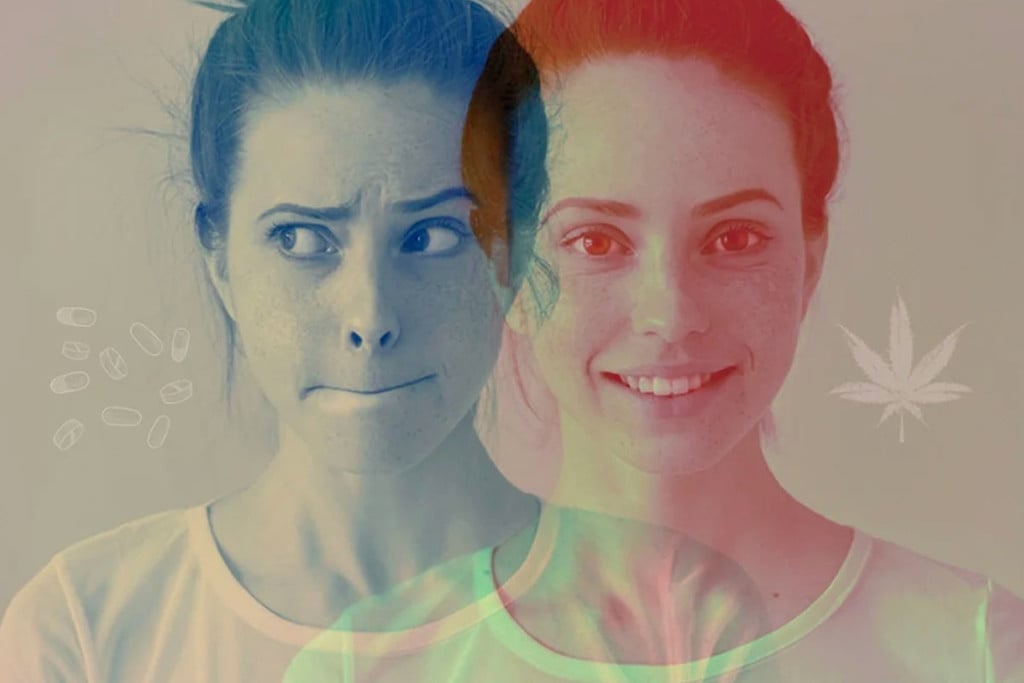
Can Cannabis Replace Benzodiazepines As An Anti Anxiety Drug?
Some cannabis consumers use the herb to boost their mood or indulge in the pleasure of relaxation. In the same way, studies have investigated if certain cannabis substances could sustain anti-anxiety effects and potentially work in similar ways to some prescribed drugs. On the other hand, despite having some desirable anxiolytic action, benzodiazepines are not exempt from side effects. This results in some patients refusing to be treated with these drugs after trying them.
As cannabis prohibition begins to relax in certain areas of the world, the herb is starting to re-enter the medical sphere.
The ways in which cannabinoids interact with the human body are starting to become more understood as research mounts in the area. Perhaps the most profound discovery thus far is the interaction between active constituents THC and CBD and how they are mediated by receptors in the human endogenous cannabinoid system or simply, the endocannabinoid system.
Cannabis is now available as a medicine in some regions and can be obtained with a medical card. Prescribed for a multitude of medical conditions including chronic pain, anxiety is also an area where cannabis shows profound ameliorative potential. Now the question is “Does cannabis really compare to prescription drugs as a treatment for anxiety disorders? Let’s see how cannabis fares in comparison to one of the most commonly prescribed classes of anti anxiety drugs, benzodiazepines.
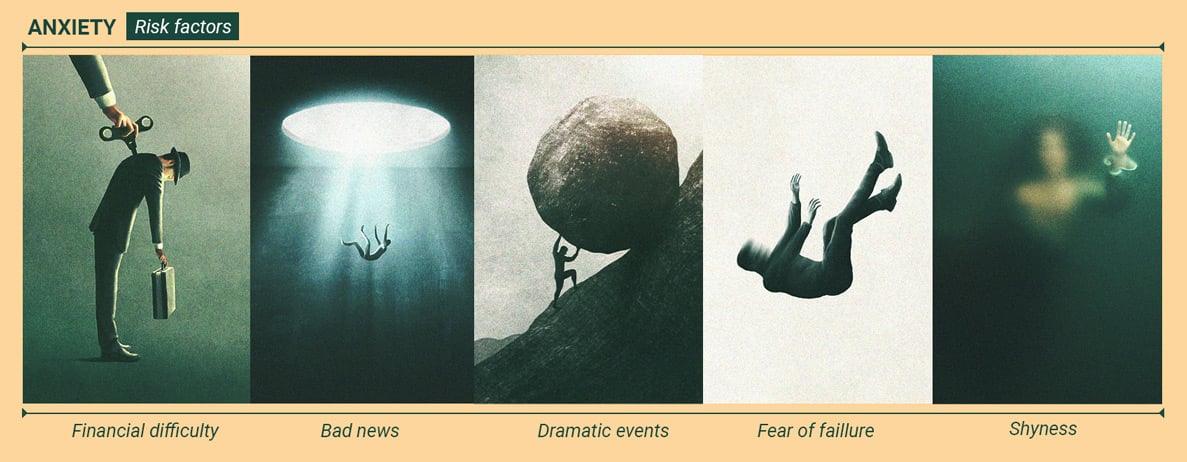
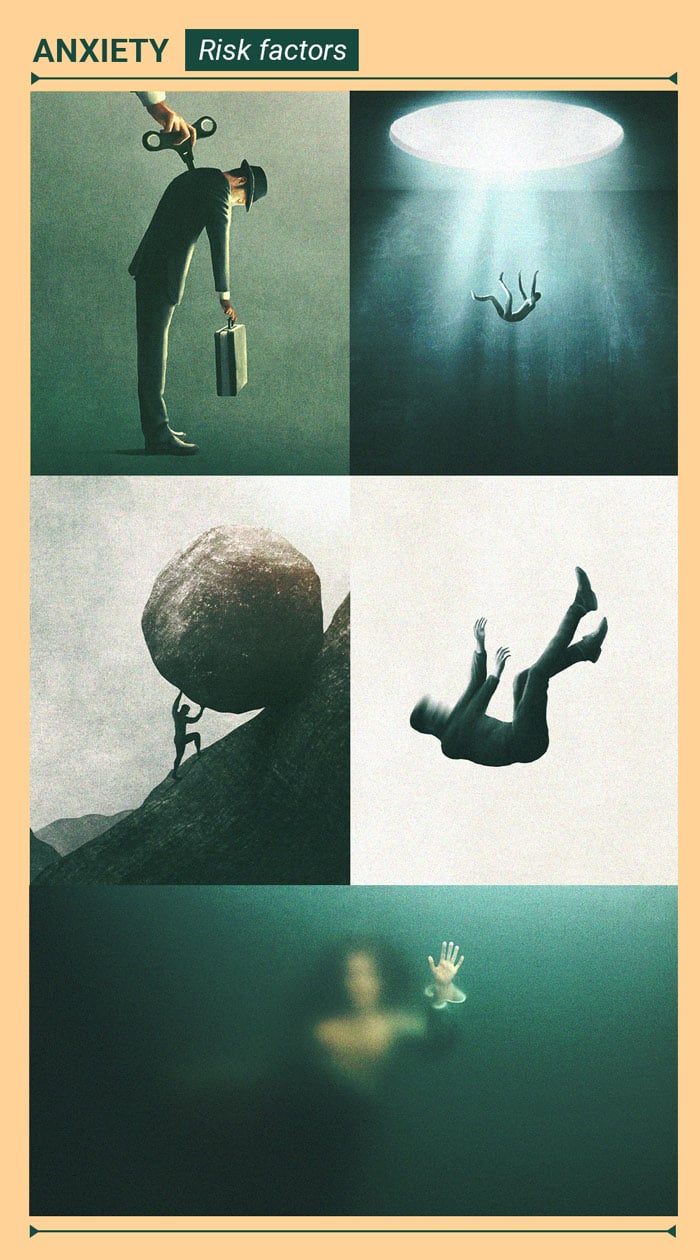
A SUMMARY OF ANXIETY
Anxiety is a mental state encompassing several different symptoms, such as feelings of fear, worry, and nervousness. Anxiety can be a normal human experience at times, especially when an important life event is approaching, such as exams, meetings and interviews.
The seeming importance of these situations causes some of us to get lost in rumination, wondering what possible outcomes will arise or what could go wrong. However, anxiety can be one of the major problems embedded in other related conditions, inciting some individuals to visit their doctor in hopes of finding a medication to ease their symptoms. There are numerous disorders that encompass an anxious state; those listed below represent some of the most commonly treated.
-
Generalised Anxiety Disorder
Generalised anxiety disorder, or GAD, is a chronic anxiety disorder that can catalyse a long-term and irrational state of worrying revolving around everyday events dealing with finance, health, or work.
-
Panic Disorder
Another type of disorder involving anxiety is panic disorder. This condition can cause the sudden onset of immense terror, resulting in confusion, subjective breathing problems, or tachycardia.
-
Social Anxiety Disorder
Social anxiety disorder is characterised by the persistent fear of being judged by others. This usually involves one’s fear that their behaviour in social situations will lead to personal shame or embarrassment. Symptoms of social anxiety disorder include racing heart, dizziness or lightheadedness, muscle tension, confusion and even upset stomach or nausea.
-
OCD
Obsessive-compulsive disorder, or OCD, is a disorder highly linked to anxiety compounded by distressing and repetitive thoughts, leading to compulsive actions. Risk factors for this disorder include medical family history, traumatic life events, or other neurological disorders.
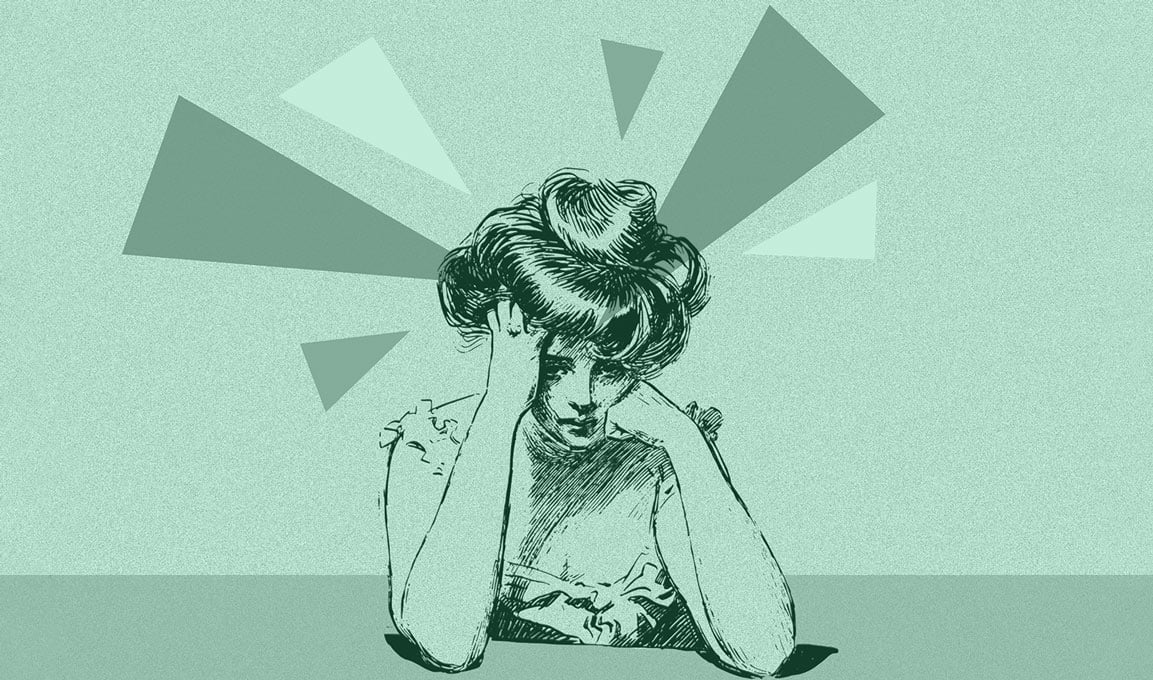
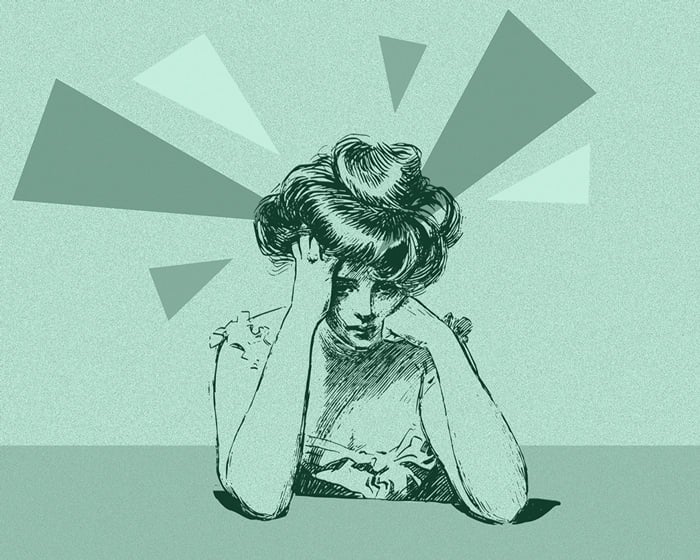
Benzodiazepines
Benzodiazepines that are commonly prescribed to treat anxiety disorders include Xanax, Librium, Valium and Ativan. Benzodiazepines are a large class of drugs and maintain similarities to one another in regard to their mechanism of action in the central nervous system. However, they do differ in terms of potency and duration of effects. These drugs have a sedative effect and work by occupying GABA-A receptors within the brain. This culminates in a neuron becoming negatively charged and therefore resistant to excitation, which in turn brings about the anti-anxiety effects of the drug.
Are These Drugs Dangerous?
Interestingly, benzodiazepines are classified as Schedule 4 drug in the United States. Cannabis, however is deemed Schedule 1, describing it as potentially addictive and devoid of medical potential. This confounding decision makes it seem like “benzos” are safer than cannabis, when actually, the safety profile of both drugs should be debated.
Benzodiazepines, especially when taken in combination with other drugs, have been linked to lethal overdose-related deaths. These drugs are among the more expedited substances in the USA and Europe, and considered by many to be overprescribed. According to the Centres for Disease Control and Prevention, over 22,000 people died from overdoses linked to prescription drugs in 2013[1]. It is reported that a total of 31% of those deaths were associated or directly linked with benzodiazepines prescribed for conditions including anxiety.
In 2008, approximately 5.2% of US adults used benzodiazepines. Despite widespread use, it is possible to develop both physical and psychological addictions to these drugs, which can cause severe withdrawal symptoms such as increased anxiety, insomnia, and in some cases seizures.
Side effects from high doses of benzodiazepines can manifest in drowsiness, confusion, dizziness, blurred vision, weakness, slurred speech, lack of coordination, and in the worst cases, difficulty breathing and even coma. Chronic use of these drugs leads to the development of a tolerance, which means users require higher doses to obtain the same effect. When tolerance is developed, symptoms like insomnia, inattention, weakness, and even anxiety, the very condition they are prescribed to treat, can reappear.
It is a fair assessment to state that this class of drugs has the potential for abuse and dependence. Let's explore if cannabis could serve as a natural replacement for these medications.
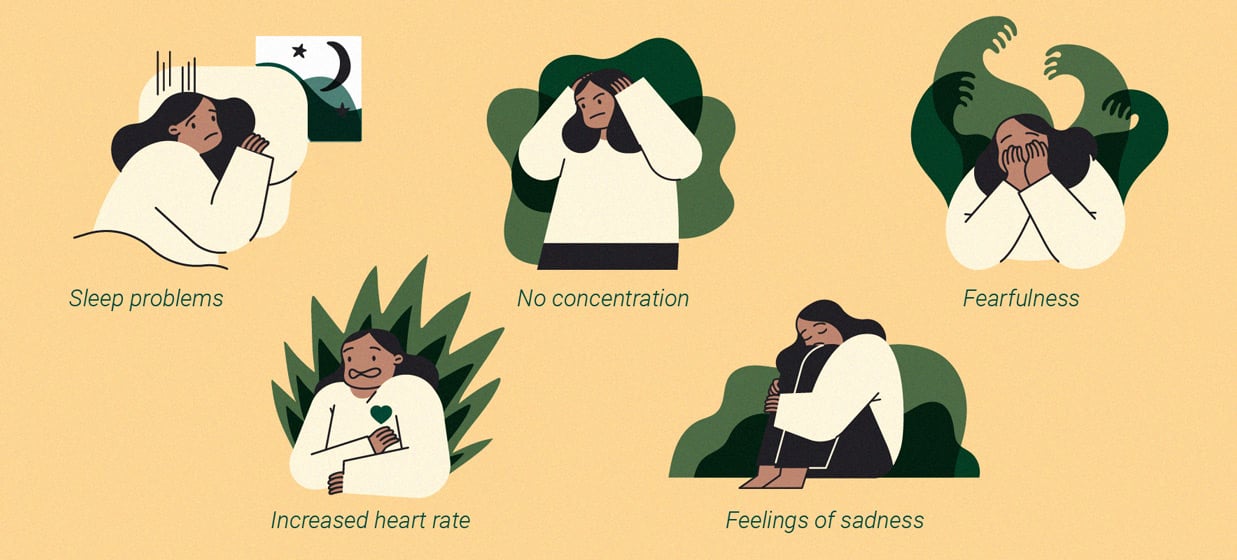
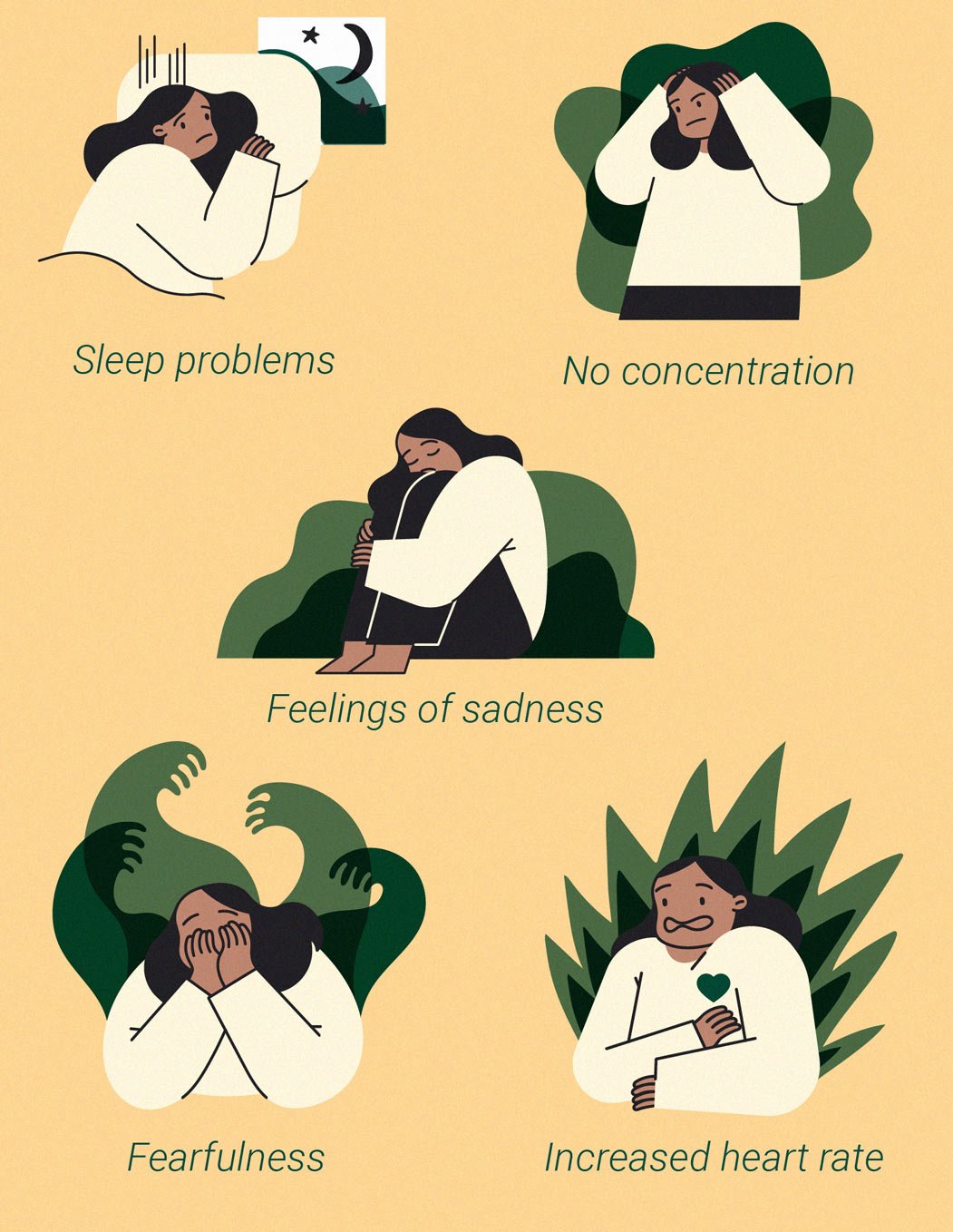
IS CANNABIS MUCH SAFER?
In terms of its use as a potential treatment in humans, cannabis is an extremely safe substance, one that does not account for any overdose-related human deaths when used on its own. Cannabis’ Schedule 1 denomination as decided by the American Drug Enforcement Agency (DEA) lists it among the world’s most dangerous drugs, citing a high potential for abuse and no proven medicinal value.
Placing cannabis into this group is based on ignorance and scientific illiteracy. A scientific paper[2] titled “Comparative risk assessment of alcohol, tobacco, cannabis and other illicit drugs using the margin exposure approach” displayed just how safe cannabis really is.
The study examined the toxicity of drugs such as alcohol, cannabis, heroin, ecstasy, cocaine, nicotine and amphetamines. Among all of these substances, cannabis was deemed the only low risk substance. On top of that, the study proved that cannabis is a mind blowing 114 times less deadly than alcohol.
Anti Anxiety Effects Of Cannabis
One reason cannabis is prescribed in the US is to treat conditions of anxiety, such as the aforementioned post-traumatic stress disorder (PTSD). In this scenario, one may speculate how certain cannabis strains could reduce the symptoms of anxiety, considering the plant’s potential to induce relaxation.
A paper[3] published in the journal Biological Psychiatry documents a study observing the anti anxiety effects of cannabis. 50 male subjects who smoked weed on a regular basis were observed and compared to 50 other subjects who did not smoke and served as a control group. It was observed that participants who regularly smoked cannabis showed lower anxiety scores when compared to those from the control group.
In this study, researchers also set out with the intention of exploring possible interactions between cannabis and benzodiazepine receptors in mice. They found that cannabis did indeed bind to the same receptor sites as benzodiazepines.
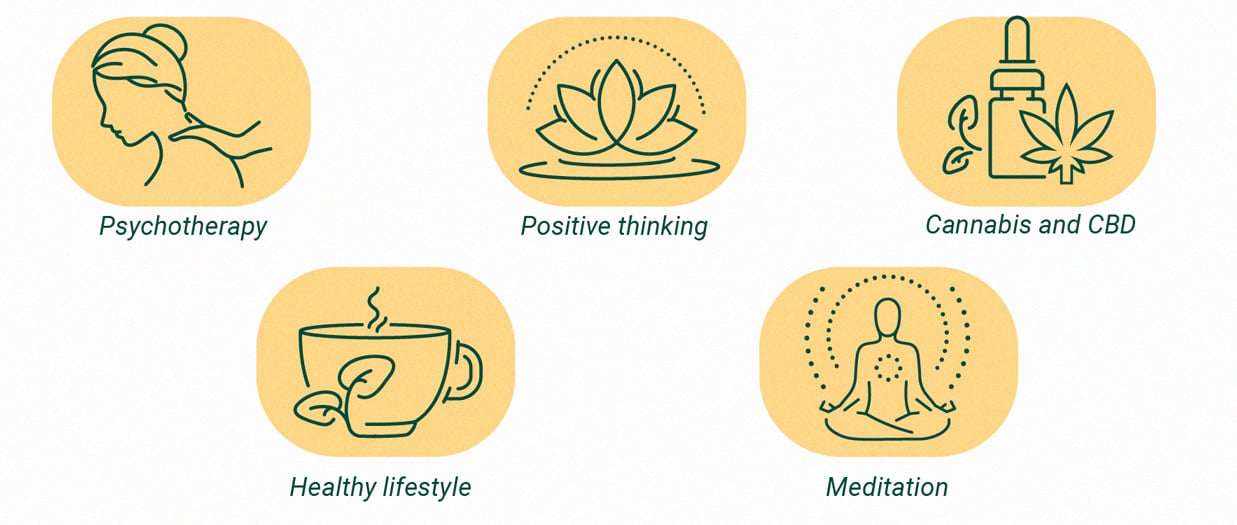
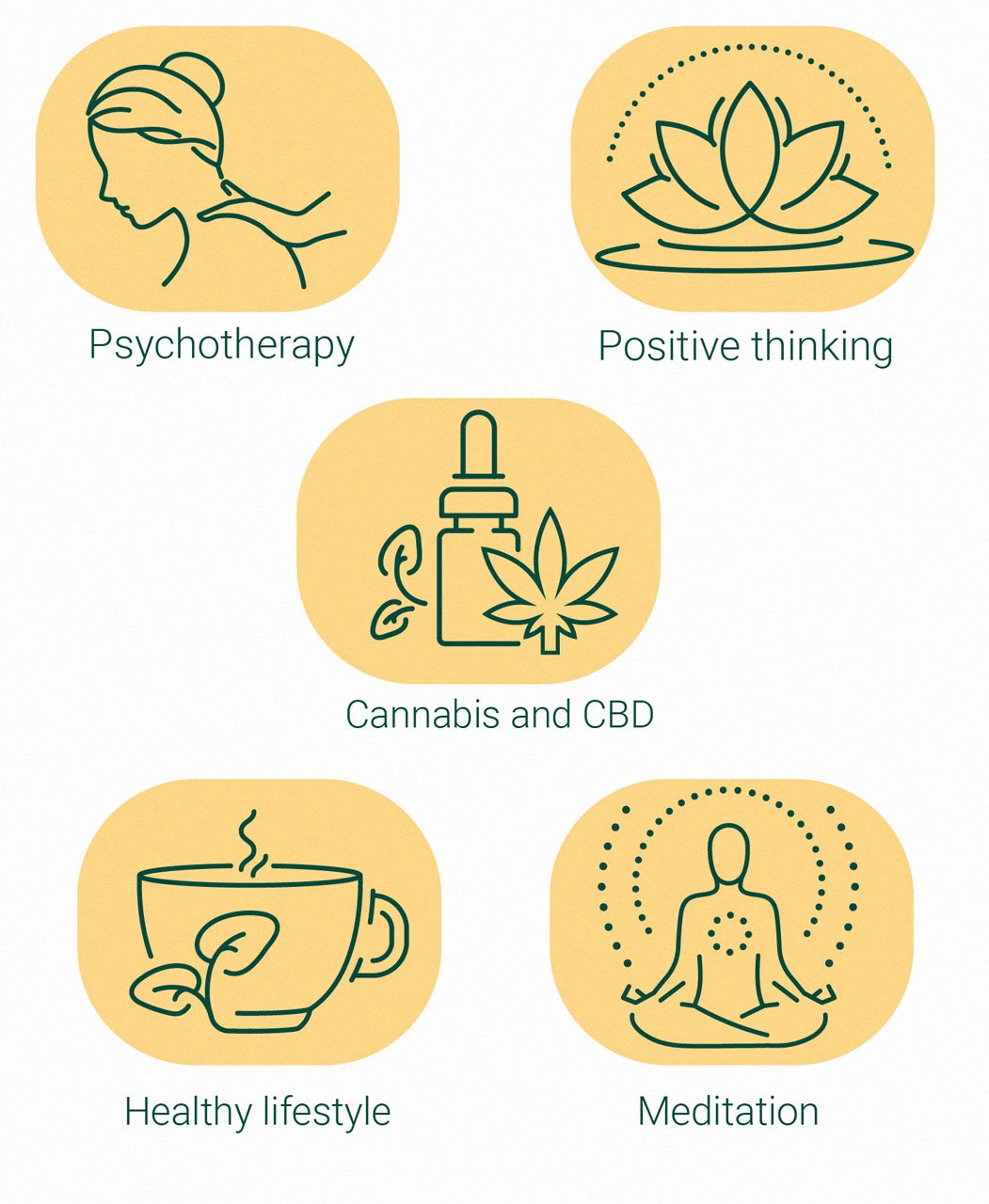
CBD And Anxiety
A paper[4] titled “Cannabidiol, a Cannabis sativa constituent, as an anxiolytic drug” reviewed studies based on CBD's role as an anti anxiety drug. The authors of the paper state that, “Future clinical trials involving patients with different anxiety disorders are warranted, especially of panic disorder, obsessive-compulsive disorder, social anxiety disorder, and post-traumatic stress disorders. The adequate therapeutic window of CBD and the precise mechanisms involved in its anxiolytic action remain to be determined.”
-
CBD For Social Anxiety
A paper[5] published within the journal of Neuropsychopharmacology tested to see if CBD impacted social anxiety. Subjects with social anxiety disorder who had never received treatment were given either 600mg of CBD or a placebo before taking part in a simulated public speaking test. Results showed that CBD significantly reduced anxiety, cognitive impairment and discomfort in speech performance. CBD also significantly decreased alert in their anticipatory speech.
New Study On Benzodiazepines Conflicts With Past Research
A recent study on 146 patients with an average age of 47 years is the first document reporting decreased benzodiazepine use[6] among patients who started medical cannabis therapy. Results show more than 45% of patients discontinuing their benzodiazepine regime within six months. The study is entitled “Reduction of Benzodiazepine Use in Patients Prescribed Medical Cannabis".
Patients also reported a sense of general well-being and decreased suffering from their conditions for a short time after they started the medical cannabis program. The association between medical cannabis therapy and reduction in benzodiazepine use seems to be evident in this research, although large-scale studies should expand our understanding of the brain mechanisms involved in these kinds of results.
After completing a 2-month course of medical cannabis, 30.1% of patients quit benzodiazepines. After 4 months, 44.5% had discontinued benzodiazepine use, and the final stage saw 66 patients (45.2%) breaking off their benzodiazepine use.
- CDC Online Newsroom - Press Release - Opioids drive continued increase in drug overdose deaths https://www.cdc.gov
- Comparative risk assessment of alcohol, tobacco, cannabis and other illicit drugs using the margin of exposure approach https://www.ncbi.nlm.nih.gov
- Antianxiety Effect of Cannabis: Involvement of Central Benzodiazepine Receptors - PubMed https://www.ncbi.nlm.nih.gov
- Cannabidiol, a Cannabis Sativa Constituent, as an Anxiolytic Drug - PubMed https://www.ncbi.nlm.nih.gov
- Cannabidiol Reduces the Anxiety Induced by Simulated Public Speaking in Treatment-Naïve Social Phobia Patients - PubMed https://www.ncbi.nlm.nih.gov
- Reduction of Benzodiazepine Use in Patients Prescribed Medical Cannabis https://www.liebertpub.com




























